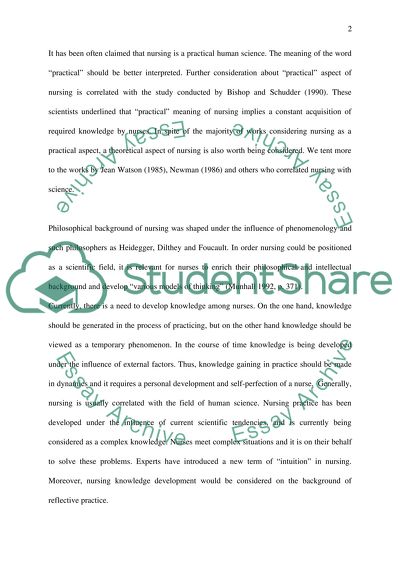Cite this document
(“Generating Theory from Practice nursing as disipline Essay”, n.d.)
Retrieved from https://studentshare.org/environmental-studies/1420861-generating-theory-from-practice-nursing-as
Retrieved from https://studentshare.org/environmental-studies/1420861-generating-theory-from-practice-nursing-as
(Generating Theory from Practice Nursing As Disipline Essay)
https://studentshare.org/environmental-studies/1420861-generating-theory-from-practice-nursing-as.
https://studentshare.org/environmental-studies/1420861-generating-theory-from-practice-nursing-as.
“Generating Theory from Practice Nursing As Disipline Essay”, n.d. https://studentshare.org/environmental-studies/1420861-generating-theory-from-practice-nursing-as.


